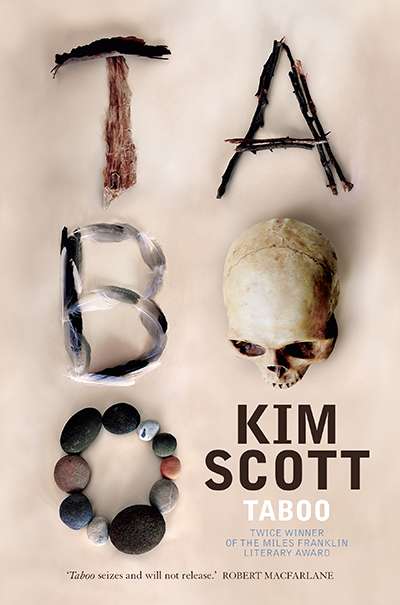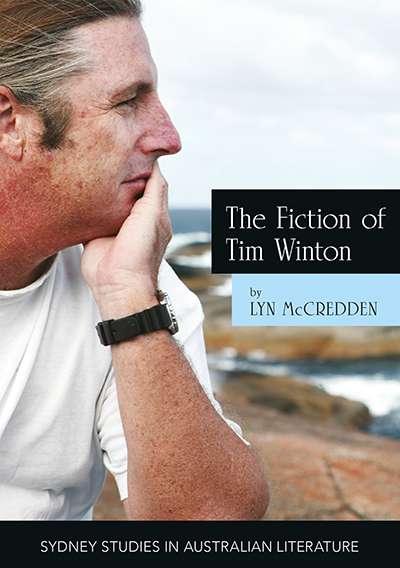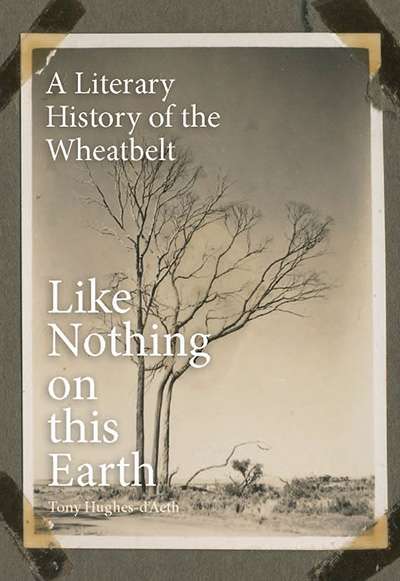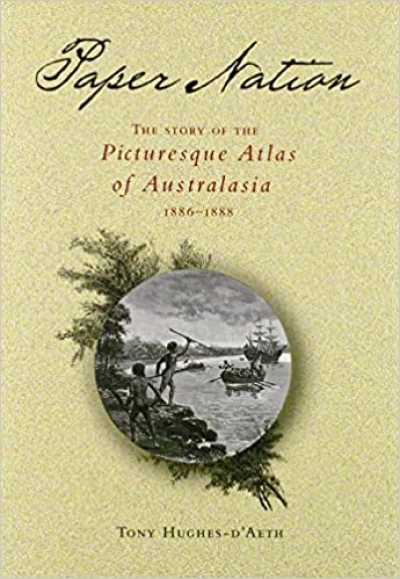Tony Hughes d'Aeth
Sign up to From the Archive and receive a new review to your inbox every Monday. Always free to read.
Recent:
To complement our coverage of new books on the subject, we invited a number of writers, scholars, and environmentalists to nominate the books that have had the greatest effect on them from an environmental point of view.
... (read more)The Fiction of Tim Winton: Earthed and sacred by Lyn McCredden
by Tony Hughes-d'Aeth •
Like Nothing on this Earth: A literary history of the wheatbelt by Tony Hughes-d’Aeth
by Delys Bird •
Westerly: Vol. 59, No. 2 edited by Delys Bird and Tony Hughes-d’Aeth
by Luke Johnson •






